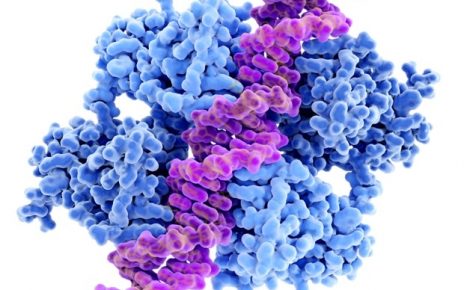Editor’s note: Find the latest COVID-19 news and guidance in Medscape’s Coronavirus Resource Center.
COVID-19 vaccination offers durable protection against reinfection, according to two studies published Wednesday in the New England Journal of Medicine.
In one study, getting at least one dose of the Pfizer vaccine after recovering from COVID-19 was associated with a significantly lower risk of reinfection. Vaccine effectiveness was 82% for ages 16-64 and 60% for ages 65 and older.
The data, which was gathered during the surge of the Delta variant in Israel, “supports a public health policy of vaccinating patients who have recovered from COVID-19, particularly in places where the Delta variant is still of concern,” the study authors wrote.
Researchers from Clalit Health Services in Tel Aviv, Israel, analyzed electronic health records for more than 83,000 people who received at least one dose of the Pfizer vaccine after recovering from a previous coronavirus infection, as well as nearly 66,000 unvaccinated people who recovered from a previous infection.
Reinfection occurred in 354 of the 83,356 vaccinated participants, or about 0.4%, and in 2,168 of the 65,676 unvaccinated participants, or 3.3%.
Among ages 65 and older, reinfection occurred in 28 of 9,384 vaccinated participants, or about 0.3%, and 48 of 4,799 unvaccinated participants, or 1%. The differences for the older age group could mean that older COVID-19 survivors may take more precautions against reinfection after recovering from the first infection, the study authors wrote.
In a separate analysis, researchers found that vaccine effectiveness against reinfection was about the same for those who received one vaccine dose and those who received two vaccine doses after infection.
“Given the previous exposure to the virus, it seems that the primary vaccine dose in recovered patients provided a more robust and longer immunogenic response than the first dose alone in patients without previous COVID-19,” the study authors wrote.
In the other study, researchers at the U.K. Health Security Agency evaluated the effectiveness and duration of COVID-19 vaccination among health care workers in the United Kingdom, including some who previously had an infection. They underwent testing for infection every two weeks, as well as monthly antibody testing.
The research team looked at infections among unvaccinated participants and those who received the Pfizer or AstraZeneca-University of Oxford vaccine up to 10 months before.
Among 35,768 participants, 27% had recovered from COVID-19 and had antibodies. About 95% received two vaccine doses, with 87% receiving the Pfizer vaccine and 8% receiving the AstraZeneca vaccine.
Between December 2020 to September 2021, the group had 2,747 initial infections and 210 reinfections. Among those who had never been infected in the Pfizer group, vaccine effectiveness was 85% between two to 10 weeks after the second dose, which fell to 51% after about six months. Notably, the decline in protection happened during the surge of the Delta variant in the U.K., the study authors wrote.
Among AstraZeneca recipients, vaccine effectiveness was about 58% between two to 10 weeks after the second dose, which didn’t decline as much over longer periods of time. Infection-acquired immunity declined after one year in unvaccinated participants.
At the same time, vaccine effectiveness remained higher than 90% for those who were vaccinated after infection, even among those who were infected more than 18 months before.
“Strategic use of booster doses of vaccine to avert waning of protection (particularly in double-vaccinated, previously infected persons) may reduce infection and transmission in the ongoing response to COVID-19,” the study authors concluded.
Sources:
New England Journal of Medicine: “Effectiveness of the BNT162b2 Vaccine after Recovery from Covid-19.” “Protection against SARS-CoV-2 after Covid-19 Vaccination and Previous Infection.”
Source: Read Full Article



